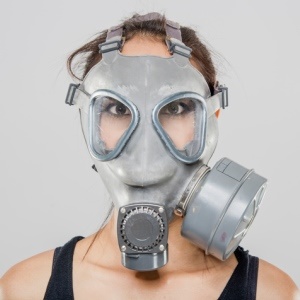
Clean-air taxi rules in New York City increased cabs' fuel efficiency and reduced air pollution, a new study says.
Legislation introduced in 2006 required at least 9% of new medallions, or licenses, for yellow cabs be set aside for hybrid or compressed natural gas vehicles. It also encouraged companies to purchase low-emission taxis.
Good news for New Yorkers
Between 2009 and 2015, the fuel efficiency of the Big Apple's fleet of 13 500 yellow cabs more than doubled – to 33.1 miles per gallon (8.5l/100km), from 15.7 (18l/100km).
As a result, nitrous oxide emissions from the taxi fleet dropped 82% and particulate exhaust emissions fell 49%.
Even though the clean-air taxi law does not apply to 100 000 other for-hire vehicles such as from Uber and Lyft, the declines were associated with decreased air pollution in the city, according to the Columbia University and Drexel University researchers.
"The past decade has seen steady improvements in the quality of air in New York City, and clean-air taxis appear to be one contributing factor," said study author Dustin Fry, a doctoral research fellow at Drexel University's Dornsife School of Public Health in Philadelphia.
Targeting other vehicles
"This is good news for New Yorkers' health since we know air pollution raises the risks of low birth weight and asthma in children," Fry added in a Columbia news release.
Co-author Frederica Perera said the study provides evidence that air pollution legislation can have real impact.
"Even though overall, yellow taxis account for a small proportion of vehicular miles travelled on New York City's streets, in midtown they account for almost half," said Perera. She is director of translational research at the Columbia Center for Children's Environmental Health in New York City.
"Similar regulations targeting other vehicles could make an even bigger difference," Perera noted.
The study was published in the Journal of Exposure Science and Environmental Epidemiology.
Image credit: iStock




 Publications
Publications
 Partners
Partners














